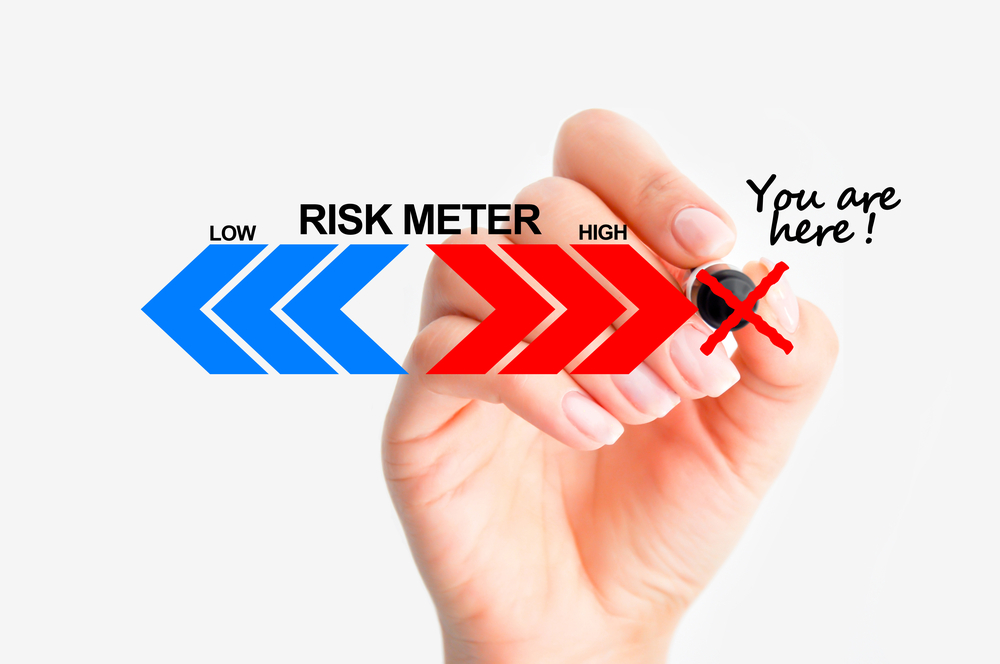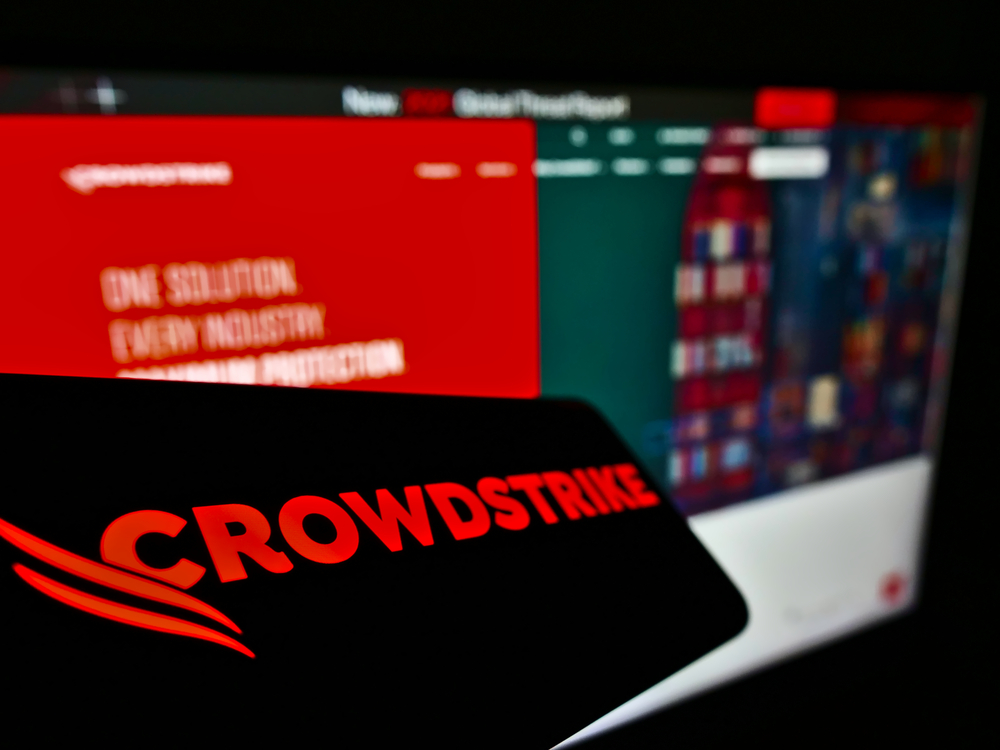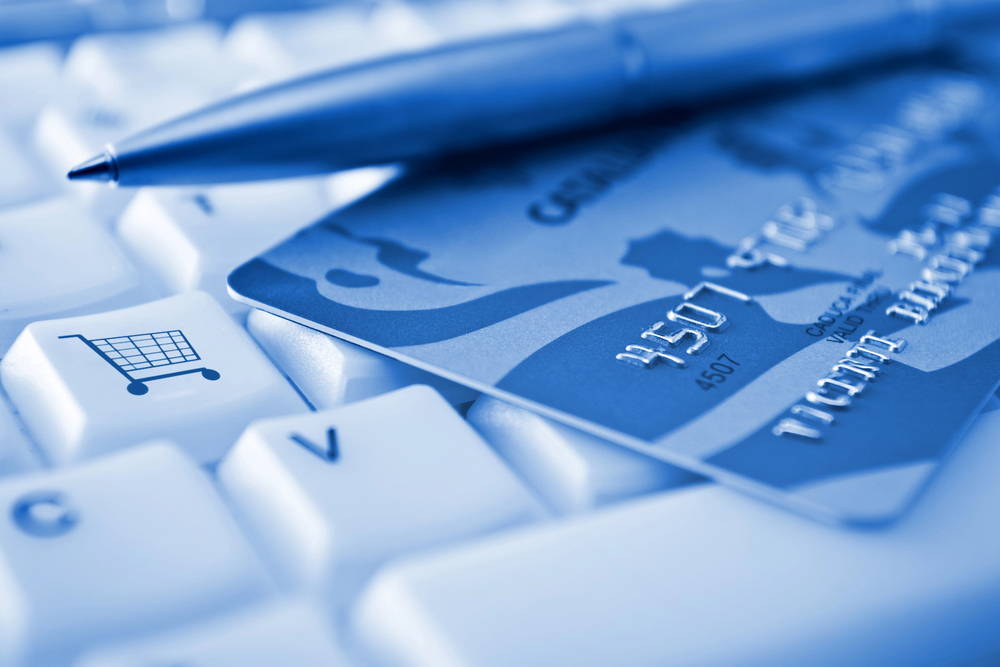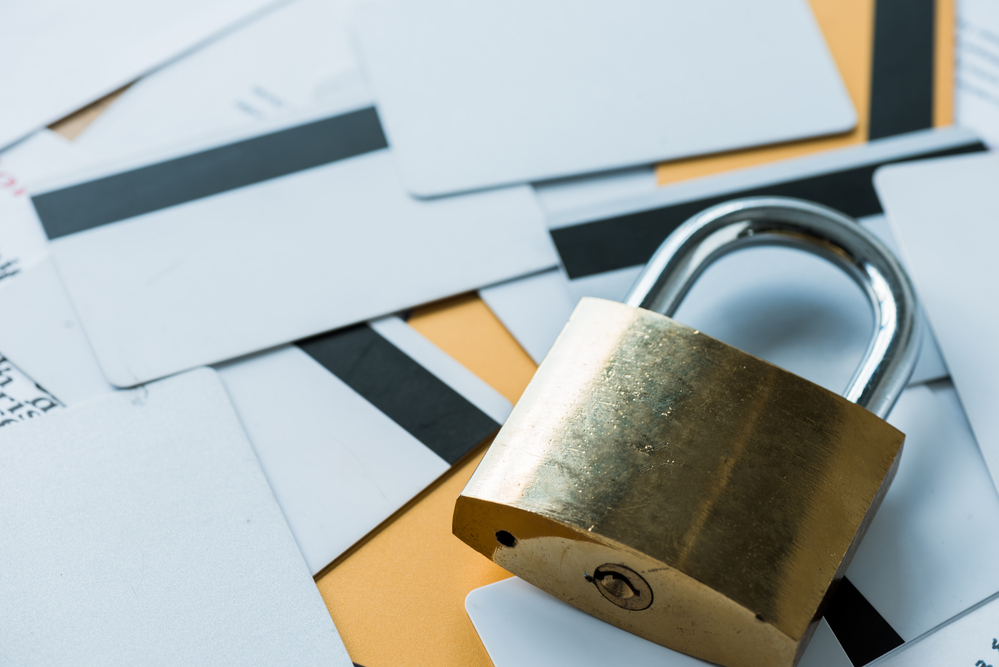
Why Some Businesses Are Labeled High-Risk by Payment Processors
Jul 28, 2021 3 minute Read
Not all businesses are treated equally by payment processors. High-risk businesses pay more in fees, need to keep chargebacks and fraud in check, and are subject to various requirements before merchant services are available to them. Even after meeting strict demands, they’re monitored closely to ease the concerns of acquiring banks and payment networks.
Luckily, high-risk merchant accounts are available, providing industry-specific merchant services to high-risk businesses that help minimize risk and ensure a working payment gateway.
But why are some businesses considered high-risk? What do they sell that labels them as such? And what exactly do high-risk merchant accounts provide their clients? Read on for a succinct breakdown of what makes a business high-risk and how you can minimize fees and maximize profit if you’re labeled as one.
The Difference Between High-risk and Low-risk Businesses
A high-risk business is one associated with a higher risk of the bank or payment processing provider losing money, basically. It’s all about financial protection. This also means that the entity providing such labels are banks and payment processors, not a governmental agency. Conversely, a low-risk business offers very little financial threat to acquirers. Most of the time, that can be broken down further according to chargeback ratio.
High-risk Products and Services
E-commerce businesses selling certain types of products or services are labeled as high-risk. Those products include adult content, online gambling, subscription services, health products like CBD and supplements, digital products, dropshipped items, advice services, gambling, timeshares, MLM (multi-level marketing), and tickets to future events. The list goes on, and as you can see it covers quite a lot of categories.
The takeaway is that being labeled a high-risk merchant shouldn’t deter you from running your store—thousands of online businesses do it successfully. Be aware of the requires set by the processor for your high-risk industry and your shop will run smoothly.
Other Factors Credit Card Processors Use That Lead to High-risk Labeling
It’s not only the products and services you sell. Many other factors play into your business being an increased risk to acquirers.
If you’ve previously experienced a terminated merchant account, your business is brand new with no card processing history, your industry suffers from high chargeback ratios, or high dollar transactions are made often, then you’ll be labeled high-risk.
Some of the criteria here can later be resolved after you have steady business with a low chargeback ratio, improve a poor credit score, and build credit card processing history. Mostly this applies to new businesses, startups, and other low-risk small businesses with bad credit that need to undergo credit repair services. If you fall into a high-risk merchant category, then you won’t be leaving it.
Some industries are a reputational risk for banks, like adult content business owners or firearms merchants. Because of this, businesses operating in these industries will always be high-risk. There’s also the potential for legal issues that lead to businesses being labeled high-risk. Health supplements, CBD, e-cigarettes, vapes, and others fall into this category. There are either FTC and FDA hurdles to jump through (or avoid), or the legality of the product changes depending on location.
Being a multi-currency business also grants you the label of high-risk. If you do business in various countries, especially high-risk countries outside of North America, Europe, and parts of Asia, then your risk level gets elevated.
Conditions High-Risk Businesses Are Subject to by Payment Processors
Rules are inherently skewed to make it easier for low-risk merchants to get up-and-running faster. For high-risk merchants, it’s not quite as easy.
Higher Fees
You can expect to pay slightly higher fees as a high-risk merchant. However, the landscape for fees has changed significantly over the years. You’ll pay the highest fees with flat-rate processors, less with three-tier processors, and the least with interchange-plus processors. You can read more about these options here to get an idea of what might work best for your business and the processing rates that follow.
High-risk businesses are also subject to higher fees related to compliance. PCI compliance is simple enough to obtain, for example. So do the research on what is required to be legally compliant for your industry and make sure you meet the criteria.
Reserves
Some acquiring banks will force you to pay into a reserve to offset chargebacks. Reserves, especially rolling reserves, can be an annoyance, but a necessary one that you shouldn’t try to fight (in the beginning). Luckily, reserves are negotiable and don’t have to eat into so much of your profits. You can learn more about how to handle reserves here.
Delayed Payment Settlement
Many processors hold funds as a method to reduce the risk of fraud, which means you might not get paid as quickly as you like. This doesn’t happen with every credit card transaction or with every processor. If you face this as a regular occurrence, you can confront your payment processor and request to lower the time limit funds are withheld, especially if sales have been consistent and you have a low chargeback ratio.
Monthly Cap Limit
Some processors might inflict a monthly sales volume cap for your business. One solution is to either get an offshore merchant account or us multiple merchant accounts. That way if you meet the sales cap with one account, you can switch to the other without problem.
Fraud Checks
Implementing fraud prevention services for your site is not too much of a hassle, even though it’s not always required for low-risk businesses. Services like 3D Secure, CVV, and AVS are fairly easy to implement and don’t disrupt the checkout process.
Chargebacks
The biggest problem issuers have with high-risk businesses is chargebacks. To summarize, chargebacks are a sort of refund request a customer makes directly to their bank, skipping over you, the merchant. Merchants issue a refund to the customer, fronting the money on your behalf until they can take it out of your account or chargeback reserve, which ends up in you paying yet another fee. Excessive chargebacks will lead to account termination.
Chargebacks are no fun for merchants or acquirers. There are ways to minimize chargebacks, though, and the right methods depend on your business type. Having a clear refund policy is one step in the right direction.
Working with a High-risk Merchant Accounts
If you know business resides in a high-risk category, you should aim to use processors specifically designed for you. High-risk merchant accounts help you avoid the hassle standard merchant accounts impose on you while providing several other benefits.
Benefits of using High-risk Merchant Account Providers
First, these accounts are designed specifically for you or your industry. There are adult entertainment merchant accounts, CBD and nutraceuticals merchant accounts, merchant accounts for dropshippers, the list goes on.
Each of these understands your business and can negotiate with acquirers and credit card processing companies regarding fees, reserves, and other hurdles high-risk businesses must jump over.
Aside from specific negotiations, a good high-risk merchant account also provides fraud protection and chargeback prevention services. These are the two top-tier factors in what makes a business high-risk, so using a merchant account that combats them is something you should really look out for.
Chargeback and fraud prevention might include using the previously mentioned CVV or AVS services. It also helps you develop refund policies that adhere to customer expectations. Friendly fraud is a big challenge here, as well. For this, letting the customer know exactly how the charge will appear on their bank statement helps prevent chargebacks from happening.
Service providers like Stripe and PayPal don’t work well with high-risk businesses. They might be popular but can easily shut down your store. That’s why it’s important to research what type of merchant account works best for your company.
3rd Party Providers Are Good to Get Started
3rd party payment service providers like PayPal may not play nice, but they are good to use when just starting out. They easily approve businesses, so you can start selling right away which helps you build valuable credit processing history.
Processing and credit history is helpful when applying for a high-risk account as those providers want to see proof of your business before making any deals. The downside is monthly sales cannot be high volume, otherwise you’ll get flagged and possibly terminated (which will look worse to future account providers). A safe zone for monthly volume is around $50k.
Don’t apply to too many credit card processors at once, though. Business will be slow in the beginning (because of the volume limit) and you’ll pay more in fees than what you want, but it’s worth it if you can do it for a few months. After using PayPal without issue, you can even add Stripe as an alternative payment gateway and double your sales volume instead of limiting potential credit card payments.
And when you do get to a point where you are appealing to high-risk payment processors, don’t be too quick to cancel your previous processing agreements. You’ll want to keep at least one as a backup, and if you cancel service you’ll be subjected to an early termination fee.
Contact Our Team of High-Risk Merchant Service Specialists
Our customer service team here at DirectPayNet is eager to get your business set up with a high-risk merchant account. We know how to properly structure merchant accounts according to your industry to meet needs specific to your business. Our specialists with get you set up with high-risk credit card processing services that also handle ACH, e-check, and debit to keep your business moving forward.




